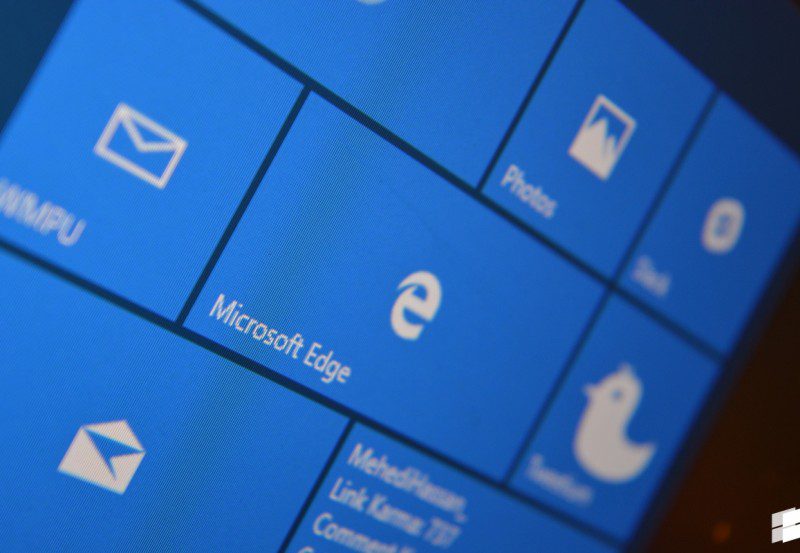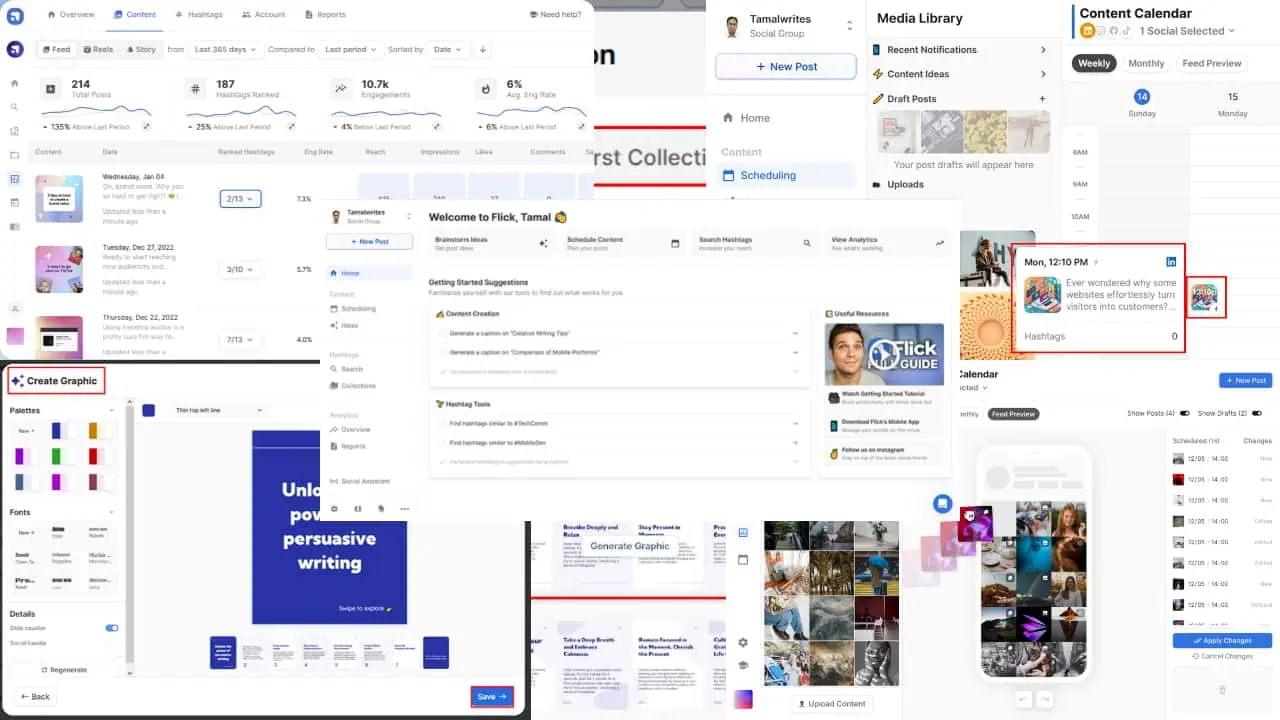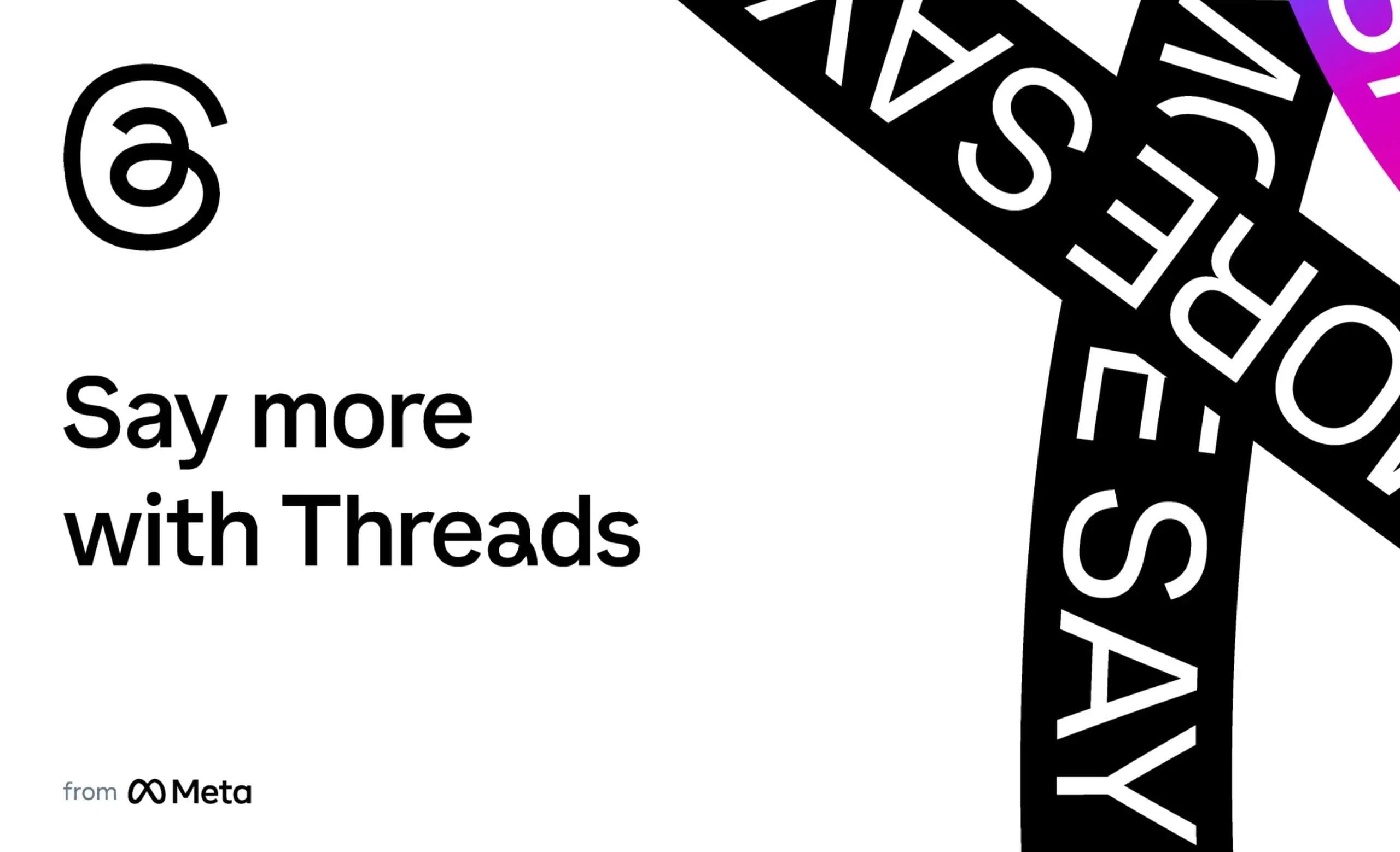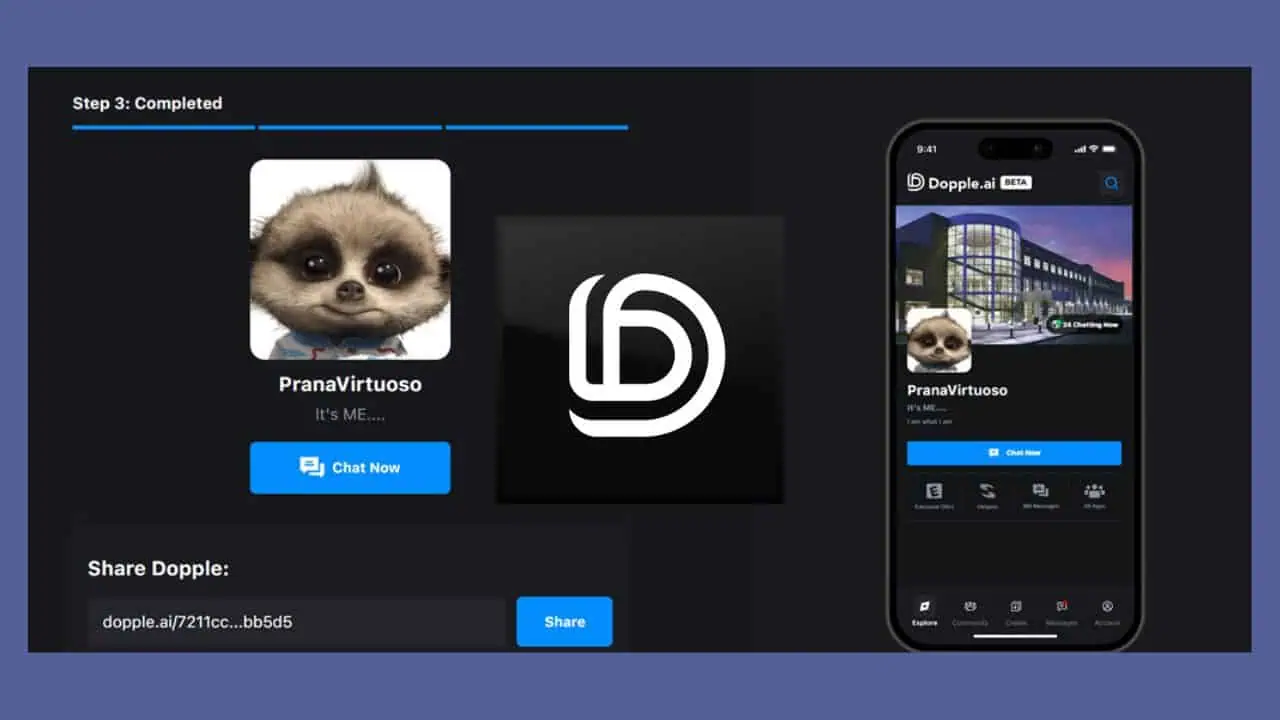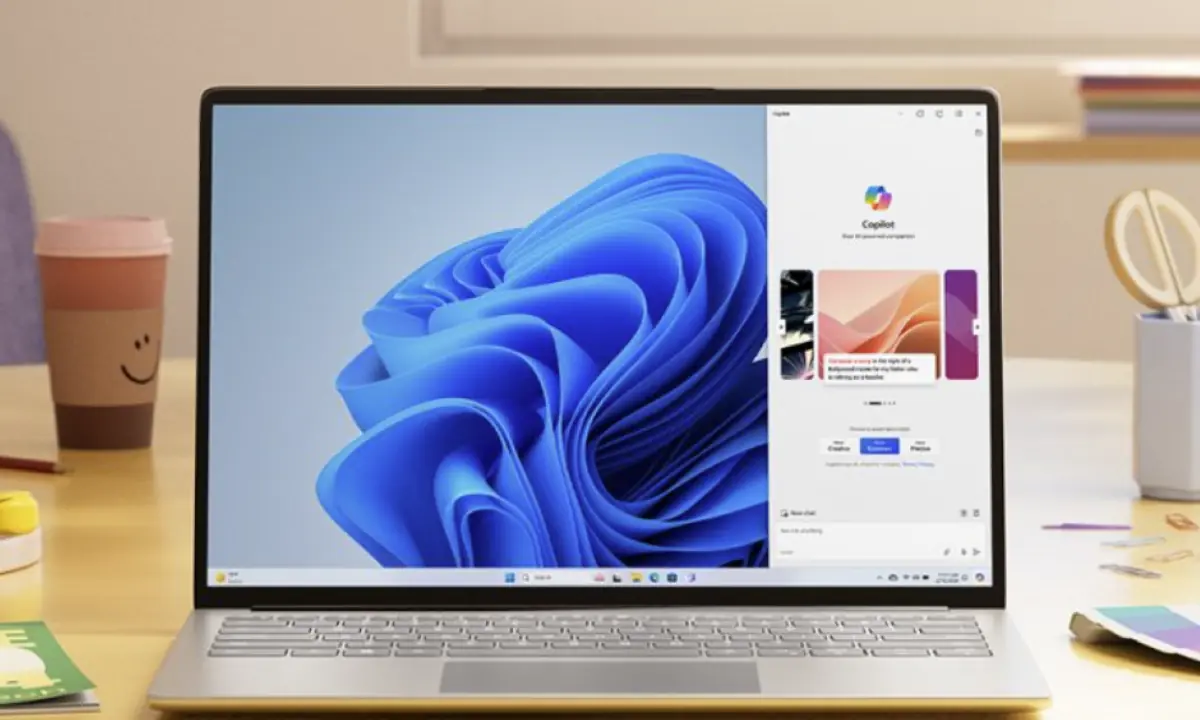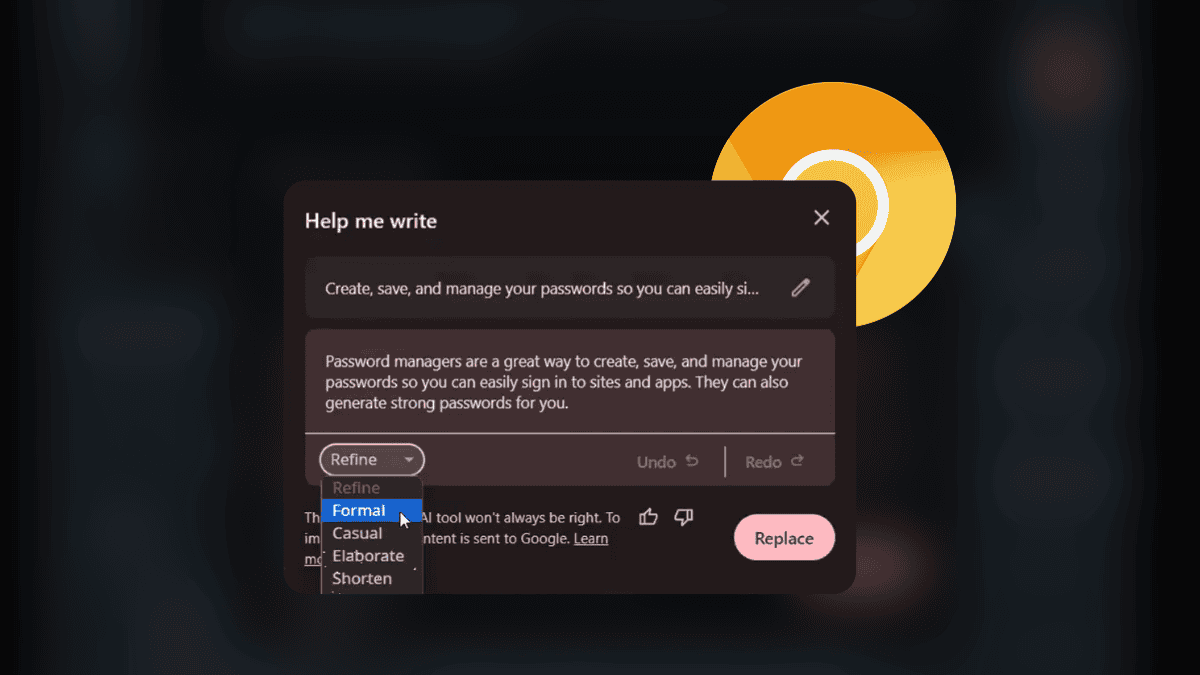Microsoft will bring Progressive Web Apps to the Microsoft Store later this year
3 min. read
Published on
Read our disclosure page to find out how can you help MSPoweruser sustain the editorial team Read more

Microsoft is finally bringing Progressive Web Apps to the Microsoft Store and Windows 10 with the next release of Windows 10.
In a blog post today, the Edge team explained Microsoft’s short-term plans to integrate Progressive Web Apps with Windows.
“We’ve announced before in several venues that we’re all-in on PWAs. In fact, as hinted above, we want to take PWAs on Windows to the next level, by making them first-class app citizens in Windows. ” Microsoft’s Edge team explains, “On other platforms, PWAs primarily originate from inside the browser, and can escape the browser in response to various prompts or menu options. We’re taking things one step further on Windows! Because a PWA can be a first-class citizen in the [Microsoft] Store, a user will be able to engage fully with an installed PWA—from discovery to installation, to execution—without ever opening the browser.”
Microsft is curating a select number of apps automatically as the firm builds up to launch. The firm has not said which apps as of yet, but these apps will be made available in the Microsoft Store when Windows 10’s Spring 2018 (RS4), update launches.
While some have pushed PWAs as an alternative to UWPs, Microsoft sees this as a false dichotomy. PWAs are characterised as an enhancement to the pre-existing app strategy on Windows, complementing rather than replacing UWPs.
“For developers who are building a fully-tailored UWP experience, building from the ground up with native technologies may make the most sense. For developers who want to tailor an existing web codebase to Windows 10, or provide a first-class cross-platform experience with native capabilities and enhancements, PWA provides an on-ramp to the Universal Windows Platform that doesn’t require demoting or forking existing web resources.”, the Edge team further explained.
This is is a sensible consumer-oriented approach. A consumer would neither need to know nor care whether the app they are running was originally written for WPF or UWP, whether it is Electron or PWA, or whether it is a store app or a .exe file. All they care is that it works.
Progressive web-apps aren’t Edge exclusive either, they can work with Chrome, Firefox and any browser which chooses to support them. For users of devices like Chromebooks and Windows 10 S, they can bridge the gap left by traditional apps and programs.
Windows has long since played host to many different types of app technology, what’s one more?

